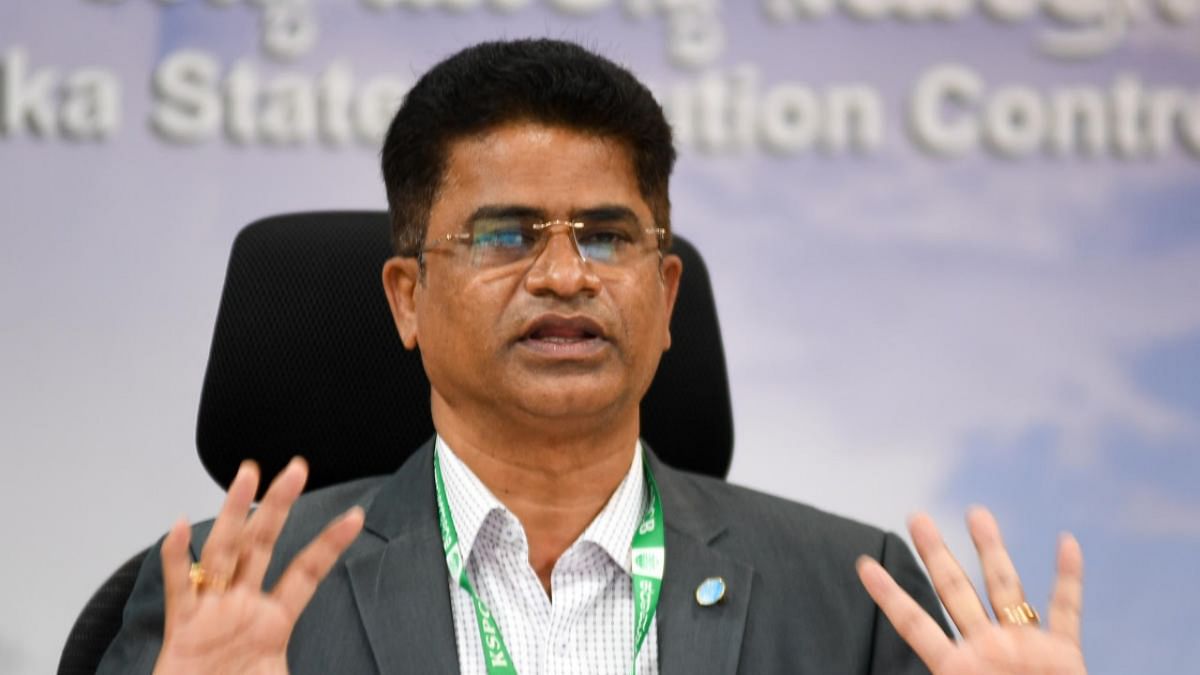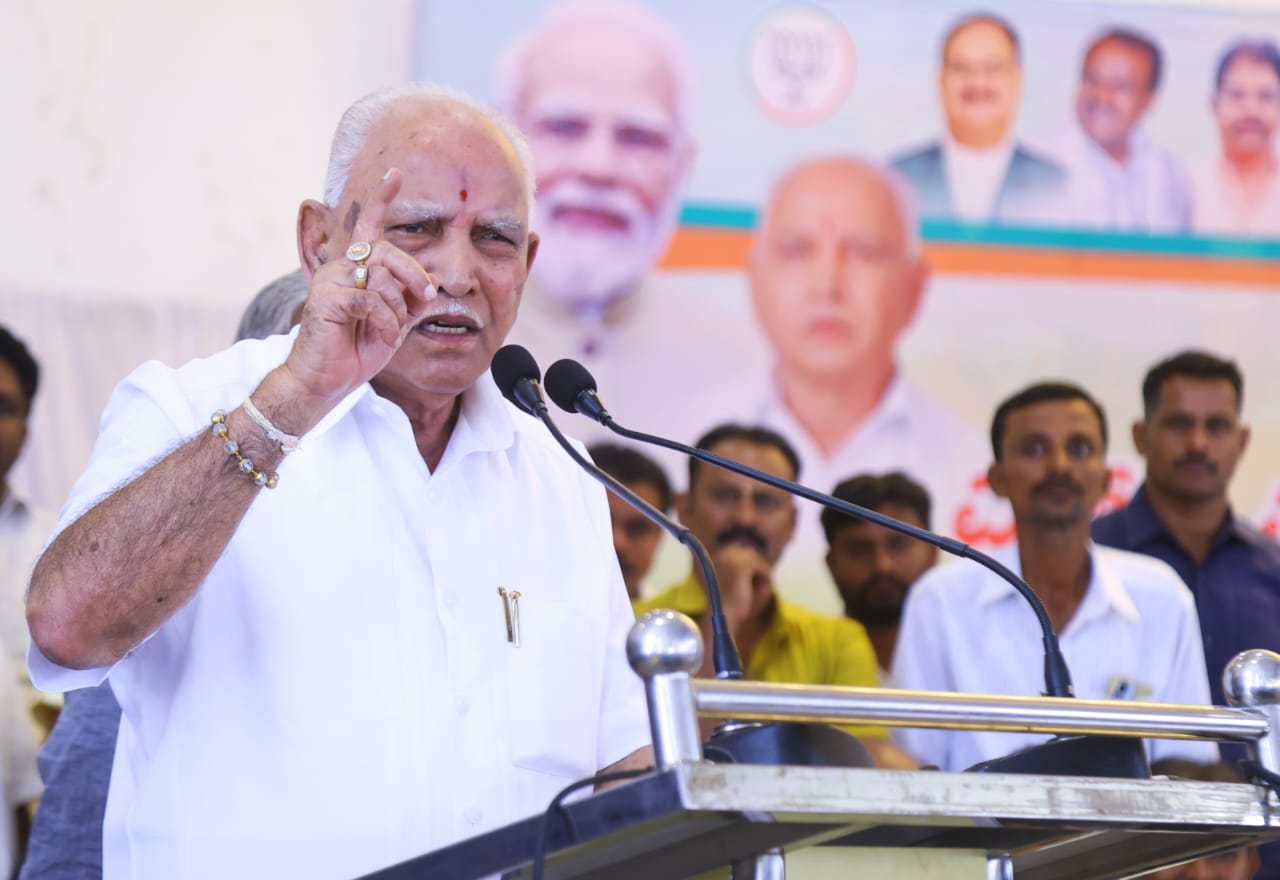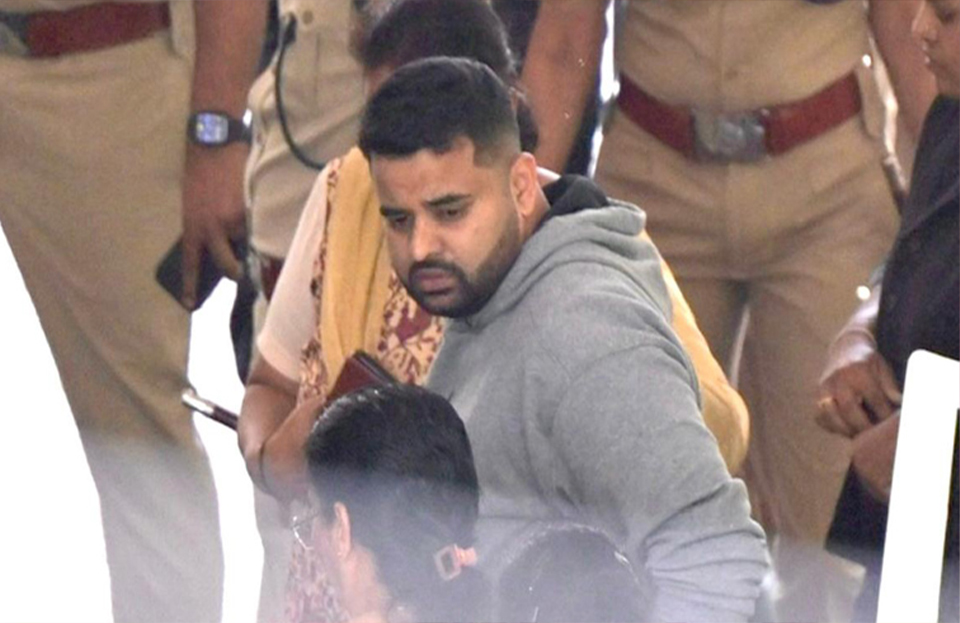The state government on Friday dismissed Karnataka State Pollution Control Board (KSPCB) chairperson Shanth A Thimmaiah from his position for abuse of powers and violation of rules in three different instances, including sidestepping transparency laws while awarding works worth Rs 17 crore.
Last year, the government had issued a notice to Thimmaiah stating that he violated the Karnataka Transparency in Public Procurement (KTPP) Act as well as the rules for selecting a single source agency in awarding advertisement works worth Rs 17 crore. This was done without the technical endorsement from the member secretary and the necessary administrative approvals.
Thimmaiah had replied that the decision was brought to the notice of the Board, which had given post-facto approval. He argued that giving notice to the chairman was inappropriate since the board had endorsed his action, making it a collective decision.
However, the government noted that work worth Rs 3.4 crore was given to Sai Advertisers though the agency did not submit the cost sheet. Similarly, the government said the chairman illegally awarded work to Signpost India Pvt Ltd without inviting bids.
In the case of Rs 7 crore work given to Adonmo Pvt Ltd, the government said Thimmaiah “abused power” and picked the company “illegally” by violating the rules to set up a selection committee. As per the rules issued in 1976, the chairman has powers to decide on tender worth up to Rs 25,000. “However, by awarding works worth over Rs 7 crore, it is very clear that Shanth A Thimmaiah has abused his powers,” the order said.
In the second instance, the government had served notice to Thimmaiah for appointing Suri Payala, the IT Manager at KSPCB, as the member secretary (additional charge). As per the rule, the post can be held by a senior All India Service officer with a master’s degree in science or an equivalent degree in allied sciences with prior experience in matters connected to KSPCB.
Thimmaiah was appointed for three years in November 2021 in violation of the law. As per rule, his tenure would have been limited to less than six months. The Congress government sought to correct the mistake by removing him in August 2023. However, the Karnataka High Court granted a stay and allowed him to continue.
“As per The Water (Prevention and Control of Pollution) Act Section 4(2)(f) and as per high court orders, appointing chairman, member secretary, and members is a power vested with the government,” the order said, adding that Thimmaiah exceeded his brief.
The third instance related to the alleged scam in the clearances given to Enviro Recyclean Pvt Ltd, a plastic recycling company. An audit by the Central Pollution Control Board (CPCB) found that the firm was not operational but had issued extended producer responsibility (EPR) certificates for recycling 3.48 lakh tonnes. The KSPCB had issued consent to operate the factory within seven days after issuing consent to set up the plant.
To a notice issued by the government for not suspending the officials responsible for the scam, Thimmaiah had stated that prior permission from the government was necessary for such actions. However, Thimmaiah had unilaterally suspended three environment officers. “This shows contradictory positions and biased action,” the order said, adding that his argument was “baseless”.
The dismissal order was accompanied by another order in which the government gave additional charge of Chairman’s position to B P Ravi, principal secretary (Ecology and Environment).
Thimmaiah’s tenure as KSPCB chairperson has been marred by controversies and allegations of rule violations. His decisions to award contracts without proper procedure and his appointments within the board have raised serious questions about governance and transparency. The government’s decisive action to remove him reflects its commitment to uphold the rule of law and ensure accountability within its institutions.
The awarding of significant contracts without the required endorsements and approvals is a grave violation that undermines public trust in governmental processes. The appointment of an IT manager to a senior administrative position bypassing established norms also showcases a disregard for due process.
The scandal involving Enviro Recyclean Pvt Ltd further compounds the issues, highlighting the lapses in regulatory oversight and potential corruption within the KSPCB under Thimmaiah’s leadership. The swift issuance of consents to the non-operational company points to severe procedural failures that demand stringent corrective measures.
Thimmaiah’s removal is a crucial step towards restoring the integrity of the KSPCB. It sends a clear message that misuse of power and violations of rules will not be tolerated. The appointment of B P Ravi as the interim chairperson aims to bring stability and ensure that the board’s operations are aligned with legal and procedural standards.
The government must continue to scrutinize and rectify any further irregularities to rebuild confidence in the KSPCB. This incident serves as a reminder of the importance of transparency, accountability, and adherence to established regulations in maintaining the credibility of public institutions.


 india1 year ago
india1 year ago
 Sports1 year ago
Sports1 year ago
 india1 year ago
india1 year ago
 Entertainment5 months ago
Entertainment5 months ago
 Entertainment1 year ago
Entertainment1 year ago
 Karnataka1 year ago
Karnataka1 year ago
 india12 months ago
india12 months ago
 Karnataka1 year ago
Karnataka1 year ago

















